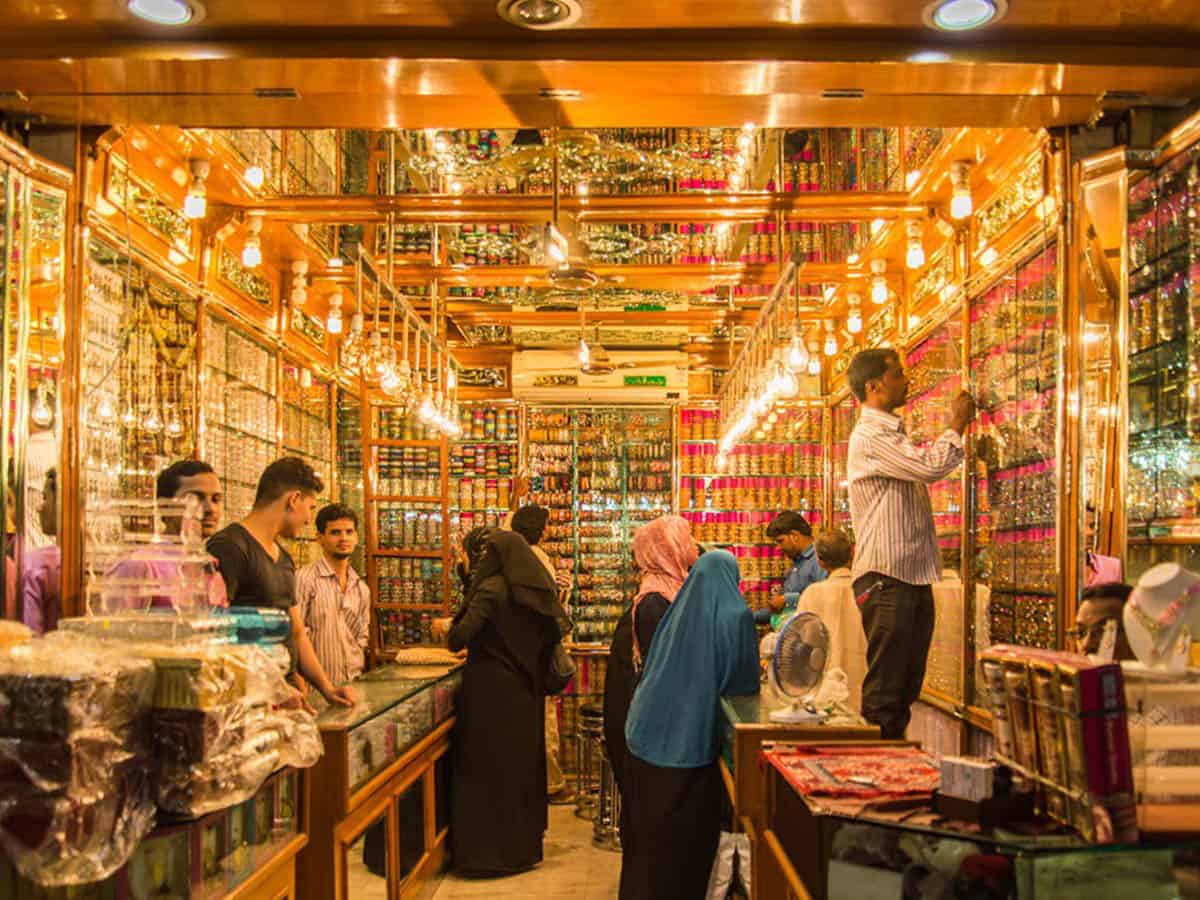Nihad Amani
Hyderabad: The spread of pandemic and lockdown had resulted in a devastating effect on the citizens, particularly the poor. During these trying times, the arrival of Ramadan has added additional demands on the poor Muslims.
Empty pockets, empty plates, more chances of lockdown to be extended—all this has taken a toll on the people. The Muslims especially have their bodies and souls shaken, high emotional disturbances and no hope of any financial help from anywhere.
But there are those who wish to empathise with the poor Muslims. For example, ‘#noeidclothes’ hashtag is trending on social media platforms like Instagram, WhatsApp and twitter where many individuals are coming forward urging the Muslims not to buy new clothes for Eid. The meme and status express the messages like no new clothes but clean clothes are seen and shared.

Several Tik Tok stars and individuals are spotted spreading the message like, “No buying of clothes instead using the same money to help poor.”
The thirty days of fasting is followed by the Eid on sighting of the new moon. The three-day Eid celebrations also known as ‘festival of ending the fasting month’ is all about sheerkurma (special Eid desert made of vermicelli, milk, and dry fruits), new clothes, prayers at Eid Gha and major mosques in the City followed by visits to relatives and friends.
The joy is always doubled with collection of Eidi (money and gifts by the elders to the younger ones).
But this year everything appears contradicting those rituals.
But that is not the end. People, in place of the regular rituals are expected to adopt a noble cause—sharing whatever they can afford with the poor.

The women who have been traditionally buying new clothes for the entire family and changing their priority. They are buying clothes only for the poor.
“The change I see is remarkable. The badly humiliated and isolated Muslims who took part in the Tablighi Jamaat congregation are showing how caring and generous they are. They are helping the Covid-19 victims by their plasma donation, charity and giving away their Eid shopping money,” pointed out Prof. PL Vishweshwar Rao, Vice-President Telengana Jana Samithi.
Twenty-one-year old Roshan said, “My family and I have decided to dress in good clothes rather than the new ones. We would be using the money for charity work.”
“I would spend money every Eid on clothes, bangles and accessories for my children. But this time I have decided to buy ration for my housemaid with that money,” Rahmat Khan, a teacher with a private school said.

